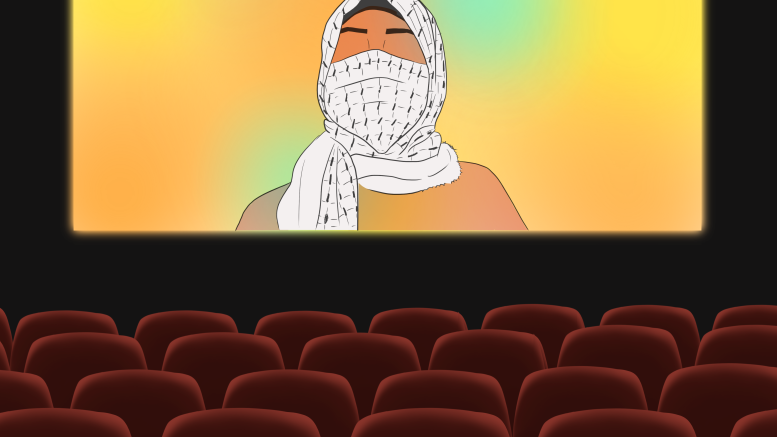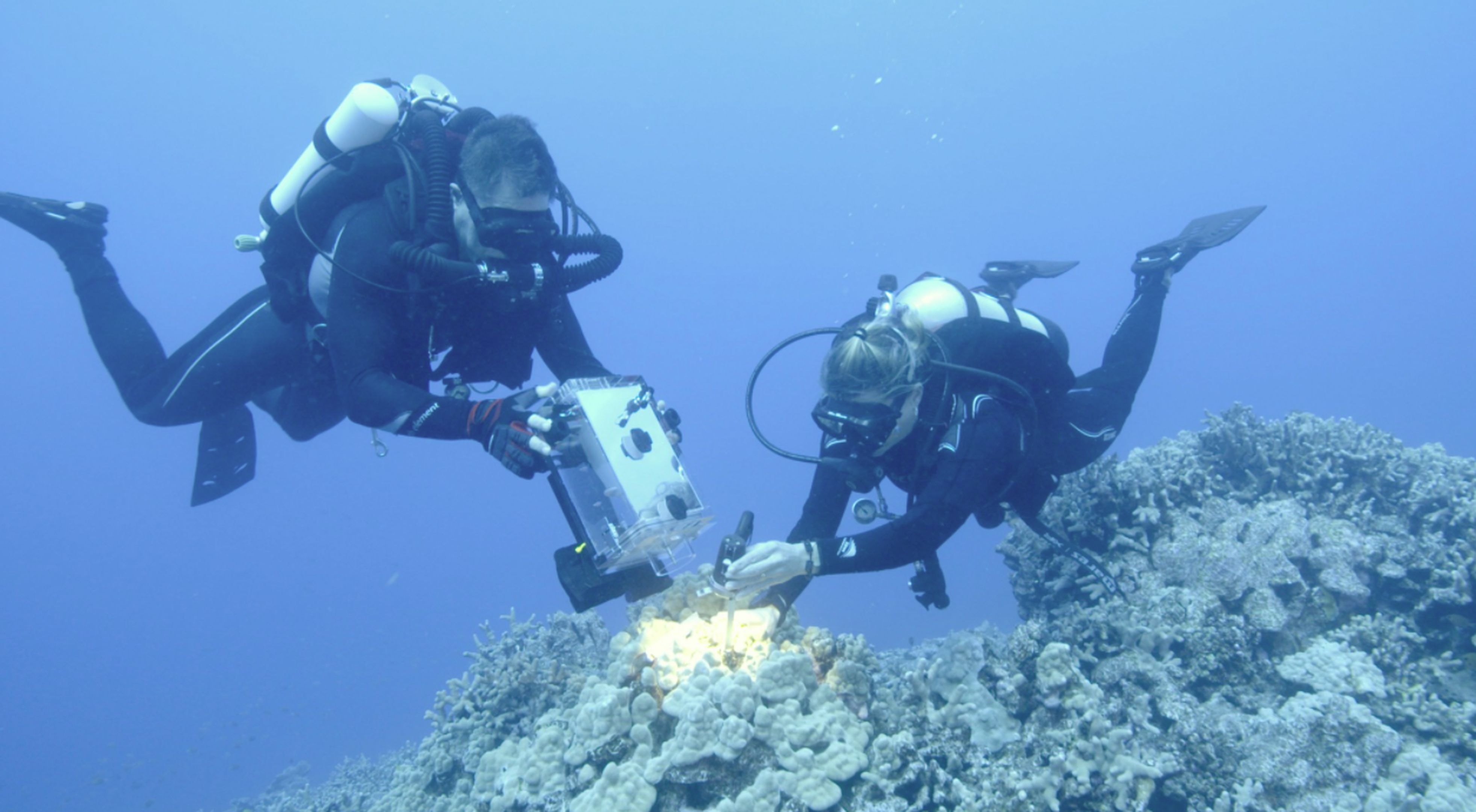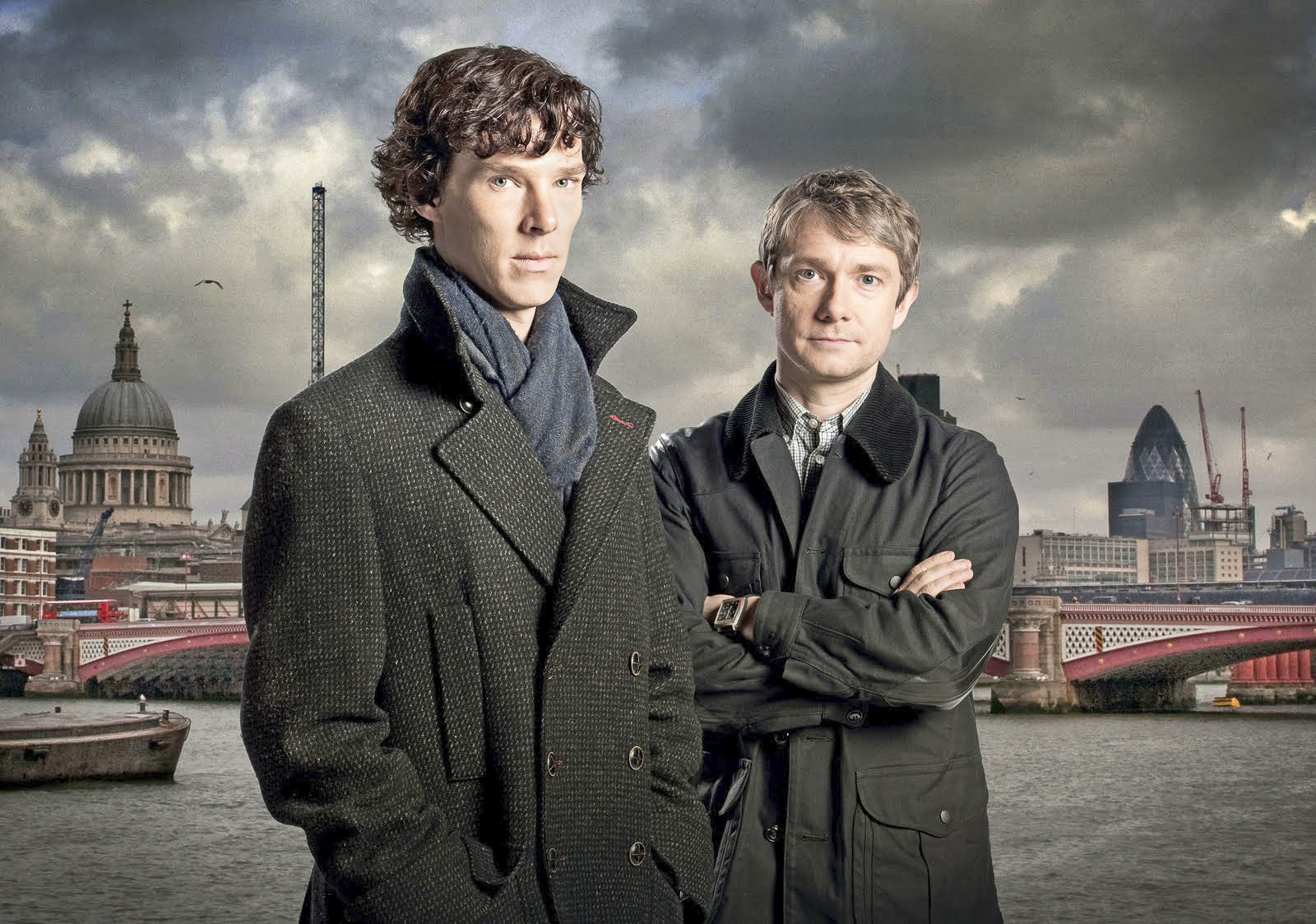Reality is worse than fiction.
There’s a scene in Palestinian director Elia Suleiman’s 2002 film Divine Intervention where an unarmed woman wearing a pink cocktail dress and matching heels walks towards a fictional checkpoint. The Israeli soldiers manning it raise their rifles to fire at her, but as she struts past, a guard tower collapses and the soldiers flee.
Divine Intervention struck me for its satirical potency, using absurdism to show Palestinians’ mere existence is treated as a threat even when there is no prospect of violence. Little did I know on first watch this scene was forecasting absurd real-world events with eerie fidelity.
In occupied Palestine, Palestinians’ movement is restricted by the Israeli government and the Israel Defence Forces (IDF). People are held up at checkpoints that the United Nations (UN) calls a “system of control.” Blackfoot activist Mike Krebs has compared Israel’s regulation of Palestinians’ movement to the reservation pass system that Canada enforced on Indigenous people.
In the Gaza Strip, an area of occupied Palestine that human rights groups consider the world’s largest open-air prison, just under 50 per cent of the population is children. Most Gazans have not been allowed through the crossing Israel controls since Israel instituted a blockade in 2007.
In 2018, Gazans protested these conditions along the fence of the compound. Although the vast majority of the protesters were peaceful, the Israeli military opened fire on them. In one year, 214 people were killed and over 36,000 were injured. This seemed like Suleiman’s satire made morbidly manifest.
In the wake of Israeli Prime Minister Benjamin Netanyahu’s government swinging Israel’s political landscape to the far right, 2023 has been particularly deadly in the Palestine-Israel conflict. By August 2023, over 200 Palestinians and close to 30 Israelis had been killed. Fatalities between 2008 and the summer of 2023 amounted to over 6,400 Palestinians and over 300 Israelis.
This culminated in the militant group that controls the Gaza strip, Hamas, breaking down sections of border fence on Oct. 7 and launching an attack that killed at least 1,400 people in Israel as of Oct. 16.
Nobody paying attention was surprised by this tragedy. The attack was in response to decades of what academic Ilan Pappé outlines as Israeli settler colonialism. Israel has continually annexed land, displaced Palestinians and destroyed their ways of life.
An Israeli film called Lemon Tree hammered home for me Israeli settler colonialism’s sweeping destruction of Palestinians’ lives. It follows a Palestinian woman defending her lemon grove from demolition at the hands of the Israeli defence minister. The lemon trees parallel real-world Palestinians’ olive trees, which Palestinians have long cultivated and which Israelis illegally destroy.
Israeli journalist Gideon Levy stated in an article for Haaretz that Israel’s policies and its tendency to destroy whatever Palestinians manage to rebuild and cultivate had come home to roost. Settler colonialism, the uprooting of an existing population, made Hamas’s violence inevitable.
Analysts and Israeli opposition politicians warned that the government’s increasingly fascistic treatment of civilians in Palestine was “reaching a breaking point” in Palestinian political analyst Nour Odeh’s words.
A U.S. committee chairman and an intelligence official from Egypt claim that Egypt had warned Israel’s government days in advance of an impending Hamas attack, but the historical precedent for apartheid state structures alone could have taught Israel how to prevent Hamas’s retaliation. In the twilight of South Africa’s apartheid regime, the government implemented draconian, violent measures that just made existing violent resistance worse.
Israel has responded to Hamas killing civilians by killing civilians, cutting off water and electricity to all of Gaza, incessantly bombing the strip and bombing the only way out. On Oct. 13, Israel airdropped flyers instructing over one million Gazans to vacate to the southern half of the strip within 24 hours in preparation for a land siege. Many were bombed en route to the south.
Meanwhile, the United States, the United Kingdom and Canada have all offered support to what the organization Jewish Voice for Peace calls “the imminent genocide of Palestinians.”
In the same way my grandfather justified Canadian settler colonialism on the grounds that Canada offered him safety from war-torn Europe, many people are convinced that Israel’s continued settler colonialism is prerequisite to the safety of not just Israelis, but Jewish people around the world.
The opposite is true. Commentator Ash Sarkar argues the government of Israel’s apartheid regime has made safety impossible.
Leadership and the media’s collective refusal to acknowledge that settler colonialism and apartheid created the conditions that led to the deaths of so many is only going to lead to more loss of life.
But instead of addressing the root of the problem, everyone spins their wheels on Hamas’s violence on Oct. 7. The focus on that one act — rather than on the seven decades of settler colonial violence that precipitated it and the genocidal project Israel is preparing to carry out as reprisal — suggests to me that many people expected Gazans to just accept the escalating violence of the apartheid regime. It seems obvious that someone was going to do something evil in response to evil.
The Palestinian film Paradise Now! and the Dutch-Israeli film Arna’s Children both tell stories — the former fictional and the latter real — about young Palestinians joining militant resistance movements. The films do not co-sign violence, but they do point out the reality that militant resistance only exists when there is an oppressive system to resist in the first place. Limiting an entire people’s horizon to violent subjugation calibrates many toward violence.
The Israeli government is using Hamas’s responsive violence on the weekend of Oct. 7 to justify what the International Jewish Anti-Zionist Network calls the ethnic cleansing of Palestinians from Gaza. The idea is that if we can all agree Hamas is utterly and unequivocally condemnable, then whatever scale reprisal Israel unleashes on all Palestinians is excusable in the interest of exterminating evil.
Many people, like philosopher Noam Chomsky and Palestinian Ambassador Husam Zomlot, have pointed out there is no symmetry of power between Israel and Palestine. What’s absurd is so many media outlets insist on approaching recent events as if there are two equal sides in a conflict that is so obviously lopsided.
Not only does Palestine not have a formal military, no Palestinian entity — civilian or militant — controls Israel’s water and power supply. Thankfully, civilians have been evacuating from Israel. Civilians cannot evacuate from Gaza.
Now, a human rights group is alleging that Israel has used highly incendiary white phosphorus munitions on Gaza, which if used on civilians could be considered a war crime. As of Oct. 16, over 2,800 Palestinians are dead, over 10,850 are wounded, more than 1 million people have been displaced and all of these numbers are climbing.
Israel’s control of the Gaza Strip is so total that Gazans are effectively sitting ducks, forced to wait in a cage and starve while Israel rains bombs down on them. This will be a bloodbath.
Film offers alternative avenues into thinking about the world. Stories can massage us into certain political dispositions when we limit the perspectives we expose ourselves to.
This is why, like the Jewish Faculty Network, I see value in ideas that support the advancement of “Palestinian human and political rights.” The only way to stop the violence is to condemn apartheid, to free Palestine.
I cannot sleep. I don’t know what is going to happen now and I do not trust leadership in any place to even beg Israel to show restraint. I can only hope this is one case where reality and fiction do not align.




